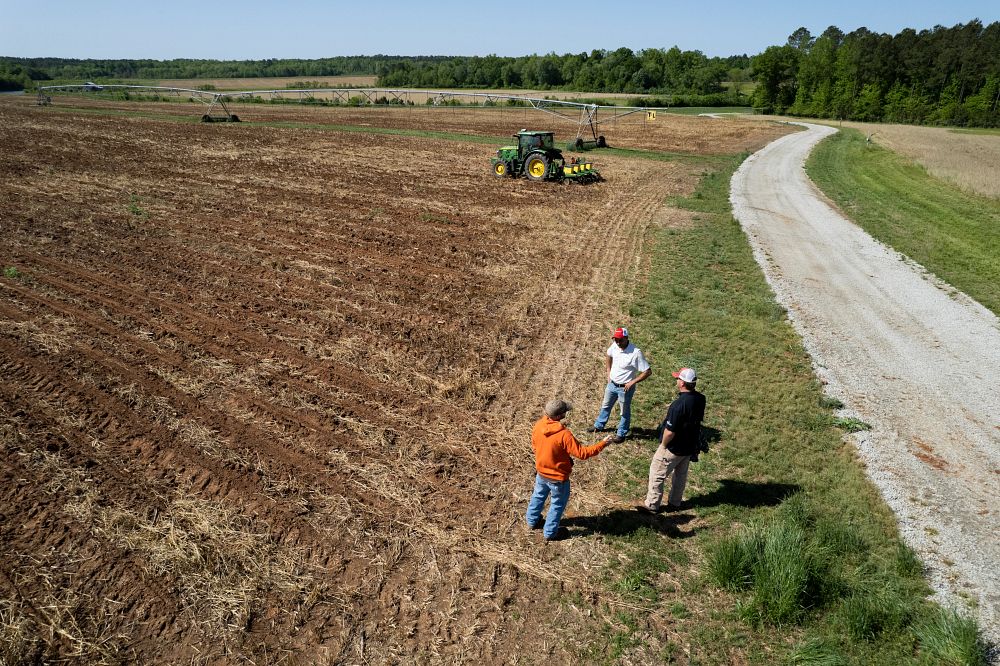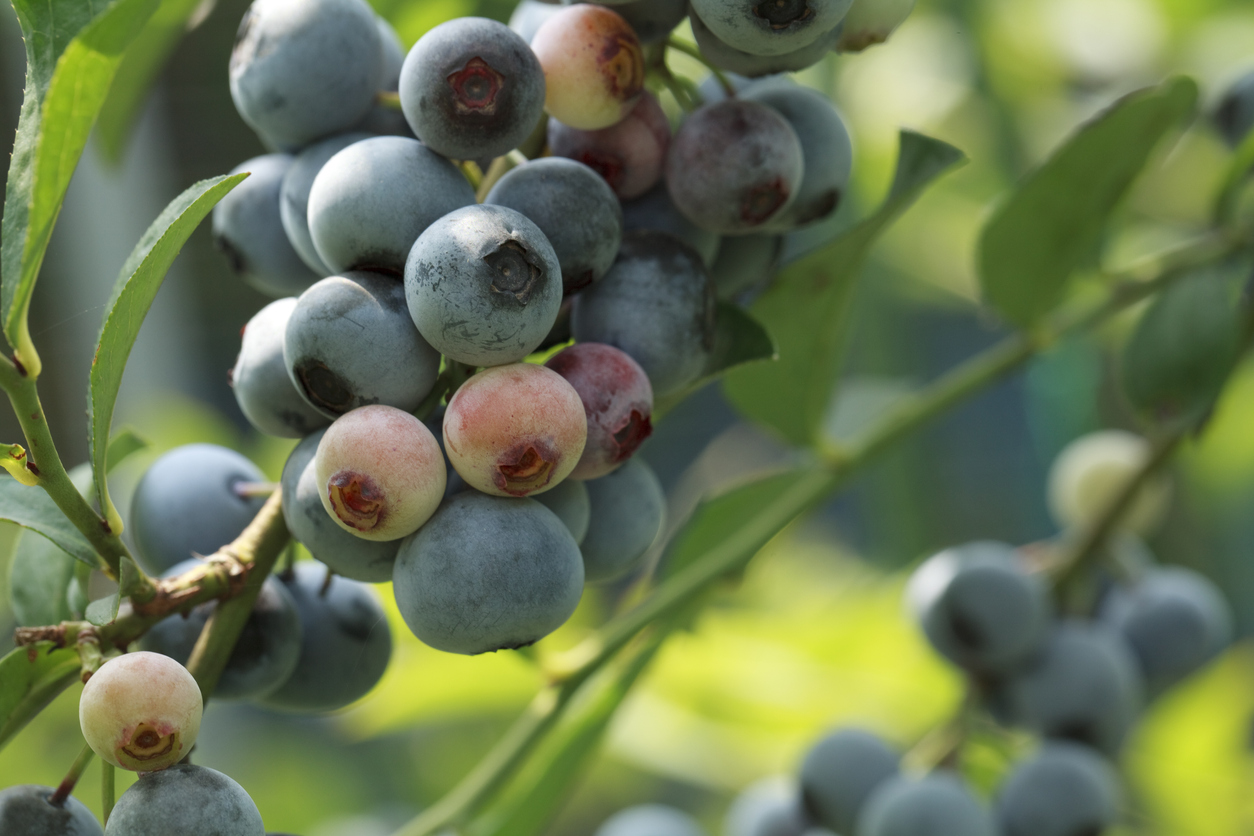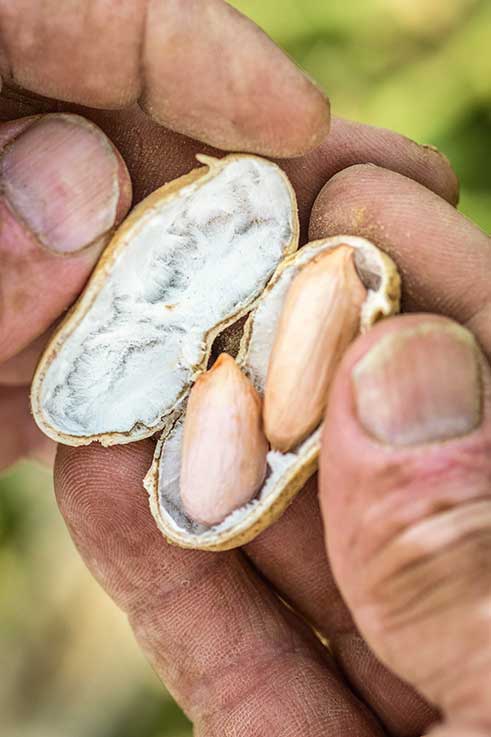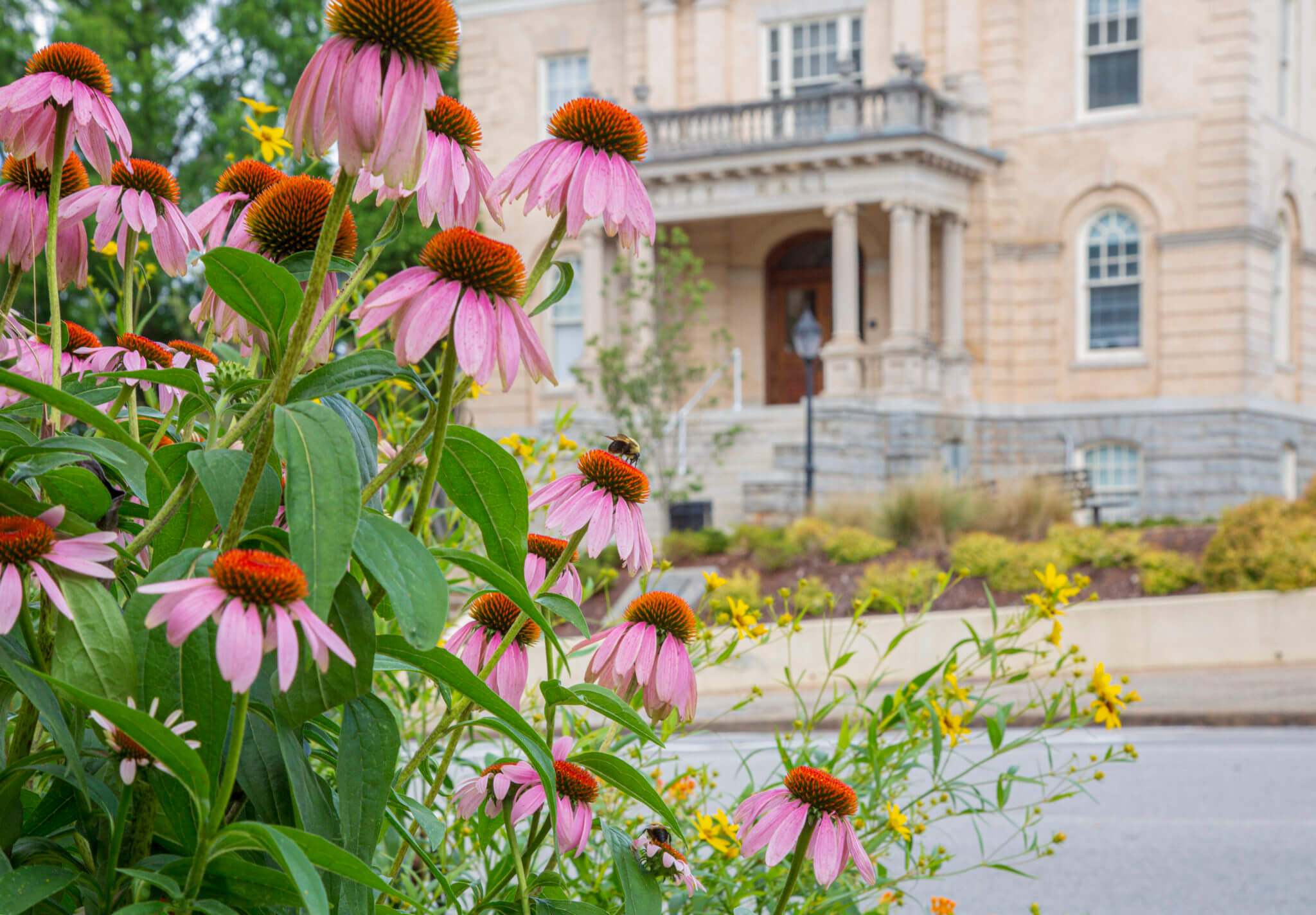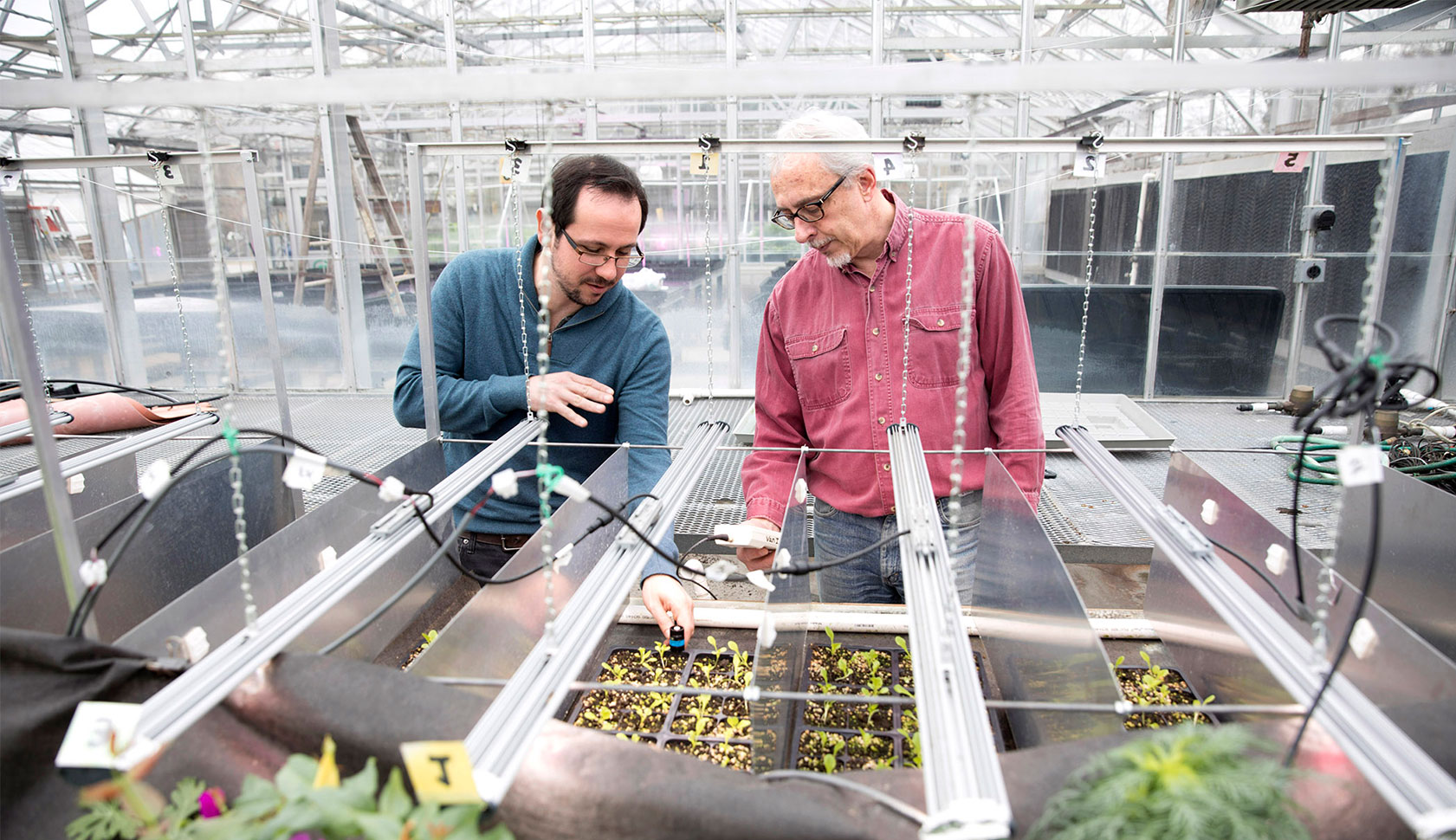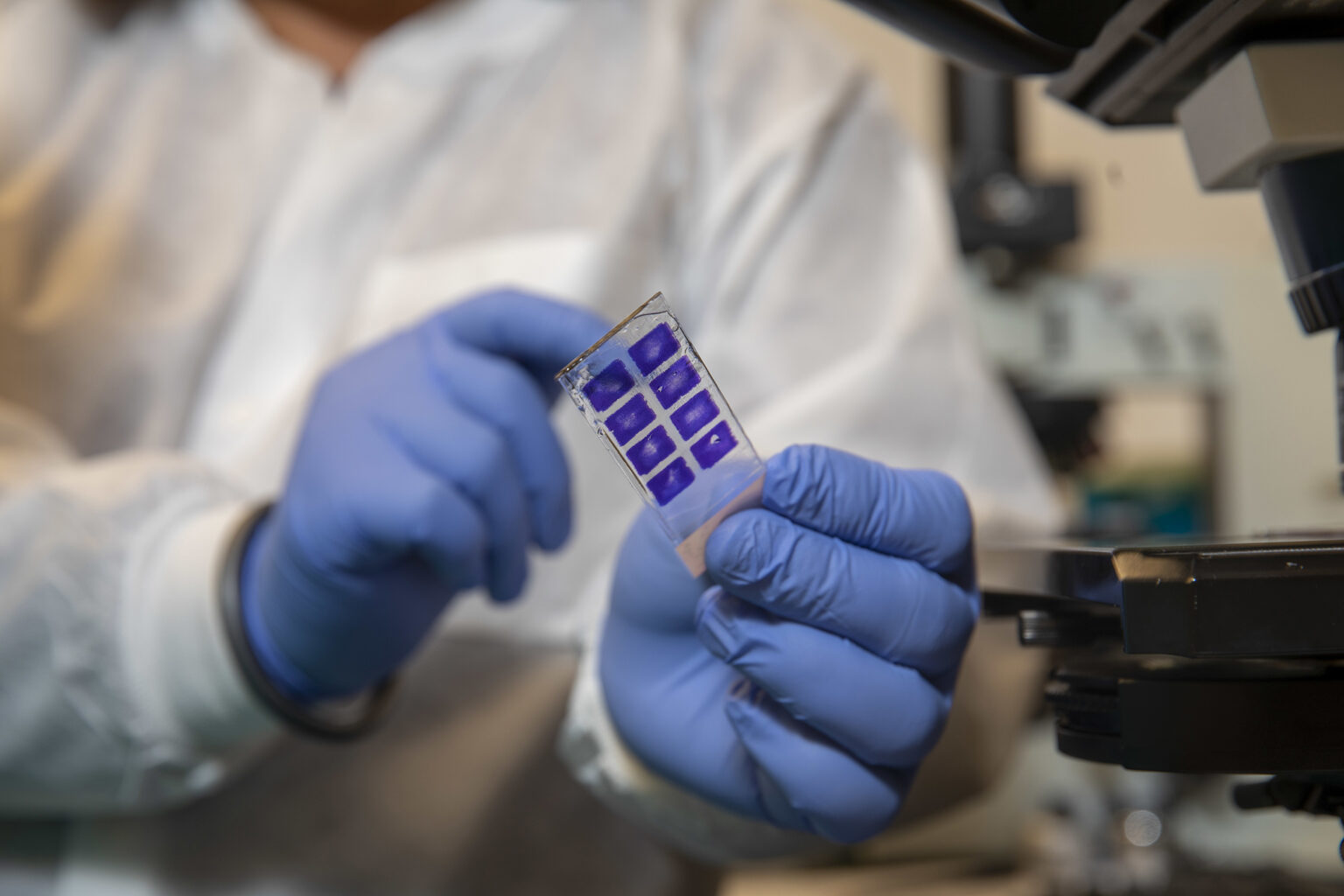 CAES News
CAES News
UGA again in top 5 for new products to market
The University of Georgia ranks No. 2 among U.S. universities for number of commercial products to market based on its research, according to an annual survey conducted by AUTM. It is the ninth straight year UGA has ranked among the nation’s top five in this metric and seventh straight year among the top two.

